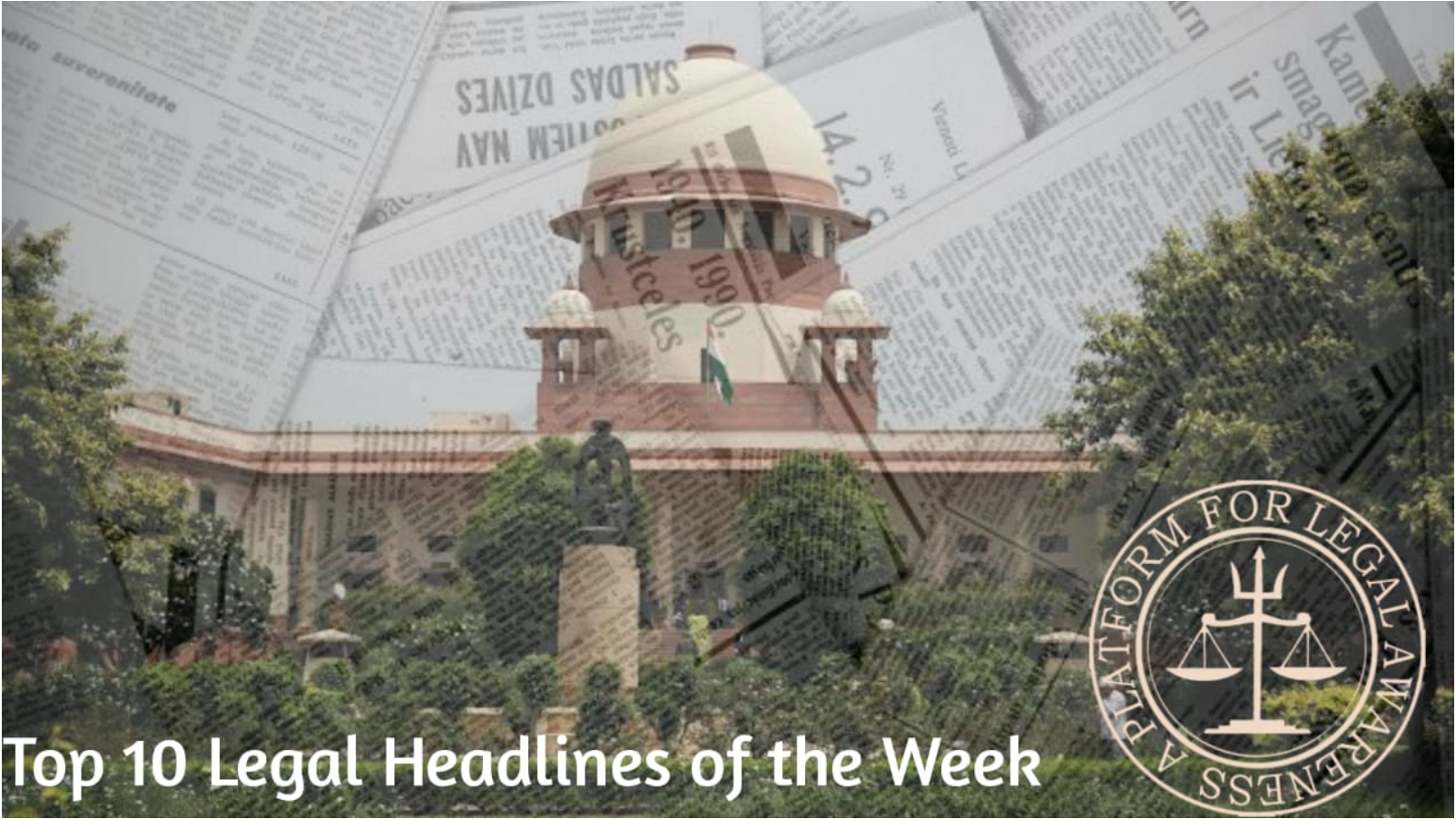1. Supreme Court: Minimum Three Years of Legal Practice Mandatory for Judicial Service
The Supreme Court has ruled that candidates must have at least three years of legal practice to be eligible for judicial service. A Bench comprising CJI BR Gavai and Justices AG Masih and K Vinod Chandran emphasised that practical courtroom experience is essential for prospective judges to understand real-world legal complexities. The Court held that academic knowledge alone is insufficient and that hands-on legal practice ensures a more competent and mature judiciary. This judgment aligns judicial entry criteria with fair and effective adjudication demands.
2. Supreme Court: Equal Pension for Additional and Permanent High Court Judges
The Supreme Court has ruled that all retired High Court judges must receive equal pension benefits, whether they served as permanent or additional judges. As per the ruling, retired Chief Justices of High Courts are entitled to an annual pension of ?15 lakhs, while retired High Court judges will receive ?13.6 lakhs annually. The Court emphasised that the nature of appointment should not affect retiral entitlements, ensuring parity and fairness in post-retirement benefits for all High Court judges.
3. Political Vendetta Not Sole Basis for Anticipatory Bail: Supreme Court
The Supreme Court has ruled that claims of political vendetta alone are insufficient grounds for granting anticipatory bail unless the case appears wholly frivolous. Denying bail to two former bureaucrats in the Andhra Pradesh liquor policy scam, the Court emphasised that judges must consider all materials on record, not just the allegation of political bias. The Bench clarified that courts must examine whether a prima facie case exists, and political motives should not overshadow the merits of the investigation.
4. Supreme Court Reinstates ST Woman Removed as Civil Judge
The Supreme Court reinstated a Scheduled Tribe woman who had been removed from her position as a civil judge by the Rajasthan High Court. Her dismissal was based on the allegation that she failed to disclose her previous employment as a government teacher. However, the Supreme Court found that she had resigned from the teaching job before her judicial interview, and held that the non-disclosure was not grounds for termination. The Court emphasised fairness and the importance of context in service disclosures.
5. Tamil Nadu Moves Supreme Court Over ?2,151 Crore Education Fund Freeze
Tamil Nadu has filed a petition in the Supreme Court challenging the Union government's decision to freeze ?2,151 crore in education funds under the Samagra Shiksha Scheme. The State alleges coercive federal overreach, claiming that the Centre is linking fund disbursal to Tamil Nadu's acceptance of the National Education Policy 2020 and the PM SHRI Schools scheme, which mandate the controversial three-language formula, including Hindi. The State argues this violates its autonomy and amounts to Hindi imposition under the guise of policy implementation.
6. Supreme Court Helps Woman IAF Officer Denied Permanent Commission
The Supreme Court extended relief to a woman Indian Air Force officer who participated in the recent Operation Sindoor against Pakistan but was denied permanent commission. The Court acknowledged her vital role and praised the exceptional coordination and performance of the Indian defence forces. It emphasised that such officers are invaluable national assets and deserve recognition and fair treatment. The Court’s remarks underscored the importance of gender equality and merit-based advancement in the armed forces.
7. Supreme Court Affirms Maternity Leave as a Fundamental Right
The Supreme Court has ruled that the right to maternity leave falls under a woman's reproductive rights and is protected by Article 21 of the Constitution, which guarantees the right to life. The Court clarified that maternity leave cannot be denied simply because the child is from a second marriage or is the third child, especially if earlier children live with the ex-spouse. This judgment reinforces the importance of safeguarding women’s dignity, health, and equal workplace rights regardless of personal circumstances.
8. Supreme Court Justice AS Oka Says Judges Must Not Fear Offending Others on His Final Day in Office
On his last working day, Supreme Court Justice Abhay S. Oka said a judge should not hesitate to offend anyone if it means upholding constitutional principles. Speaking alongside the Chief Justice of India, he expressed hope that the Supreme Court would continue to protect constitutional liberties. Justice Oka acknowledged that his judgments may have seemed harsh, but emphasised that firmness is necessary to uphold the law and the Constitution.
9. Supreme Court Quashes Gangsters Act Case Against SHUATS Director, Slams UP Police for Lack of Due Diligence
The Supreme Court strongly criticised the UP Police for filing a Gangsters Act case against Vinod Bihari Lal, Director of SHUATS, without proper scrutiny. The Court found that officials had merely rubber-stamped a pre-filled gang chart without applying independent judgment, leading to a wrongful violation of Lal’s liberty. Consequently, the Court quashed the criminal proceedings under the Uttar Pradesh Gangsters and Anti-Social Activities Act, emphasising the need for authorities to act responsibly and fairly before initiating such serious charges.
10. Supreme Court Avoids Jail for POCSO Convict Citing Marriage to Victim
The Supreme Court recently chose not to impose a jail term on a convict under the POCSO Act, considering his marriage to the victim, who was 14 years old at the time of the offence in 2018. This decision follows the Court’s 2023 Suo motu case initiated after the Calcutta High Court controversially suggested adolescent girls should control their sexual urges rather than “giving in to two minutes of pleasure.”

